Menu
Why mini-games are ideal for children learning chess
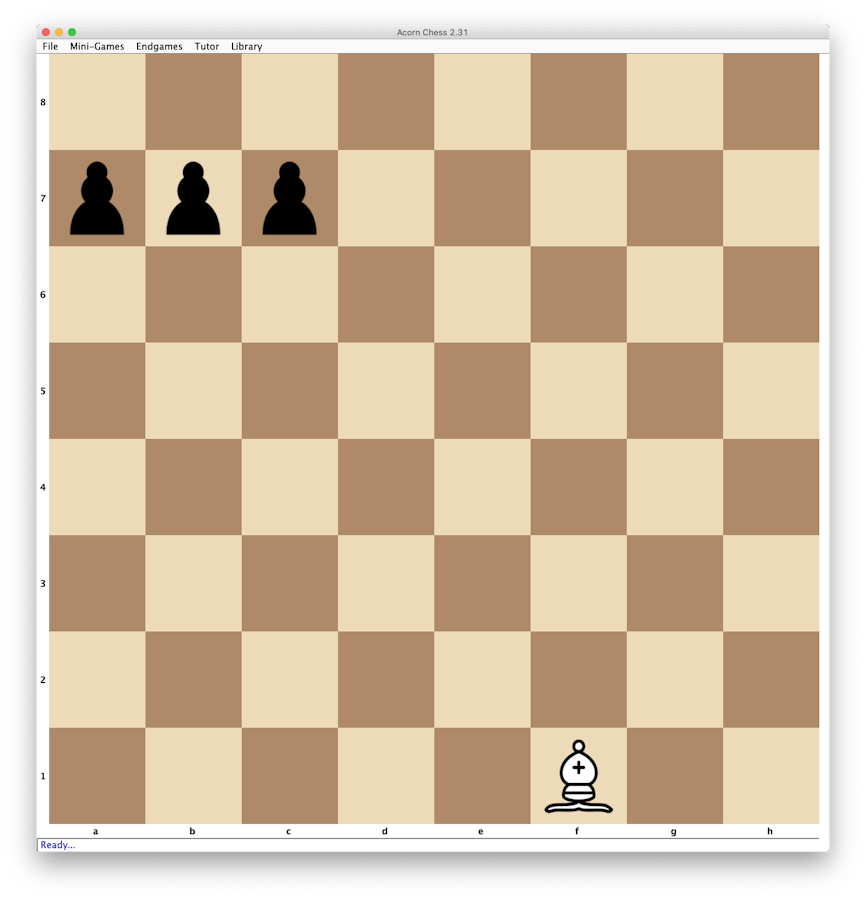
A chess mini-game typically has a limited number of pieces and allows a short fun game to be played with a basic set of rules to learn.
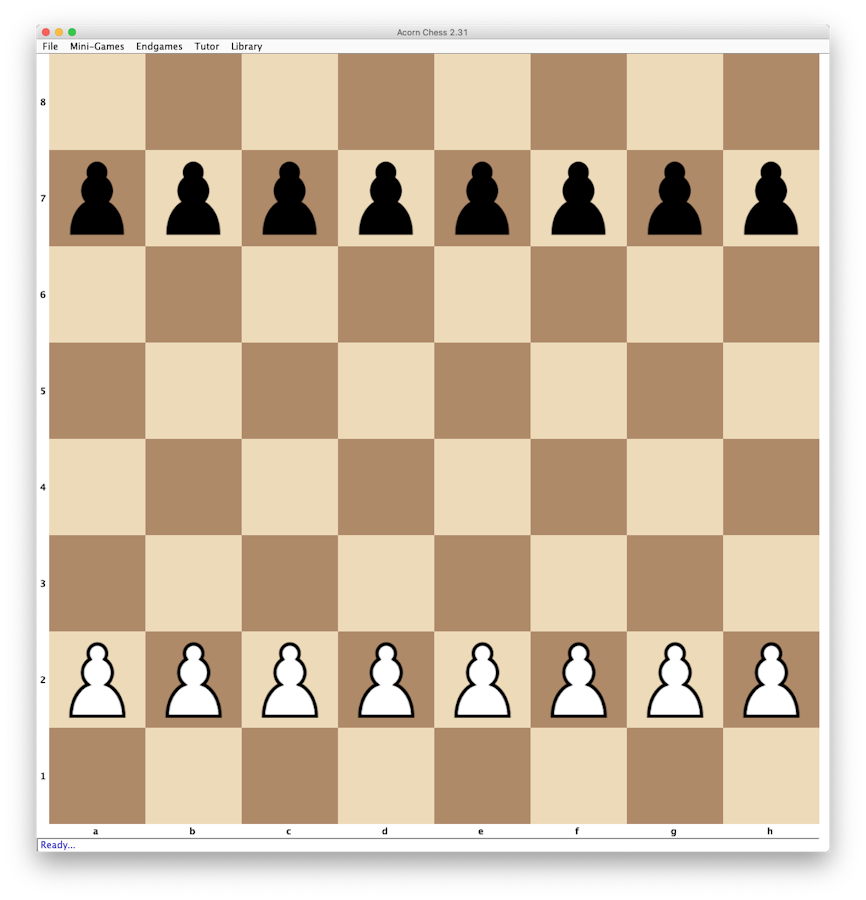
Children learn best by doing and so chess mini-games allow them to quickly start playing without having to learn many rules. They can focus on how one or two pieces move and build up gradually whilst still enjoying trying to win.
Learn about the Classroom Edition
Acorn Chess includes a library of 150+ mini-games
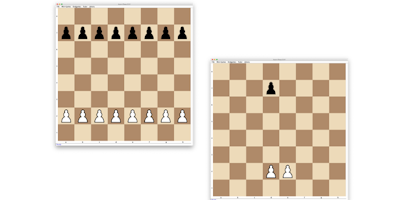
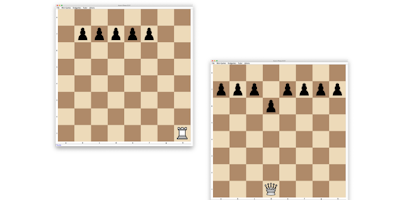


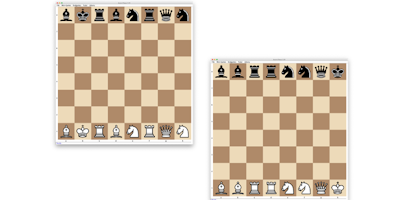
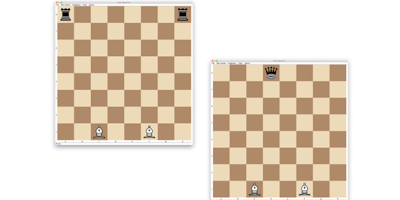
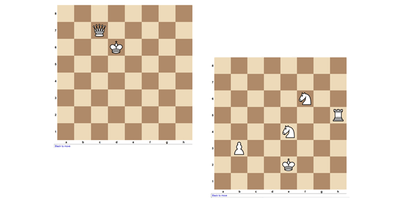
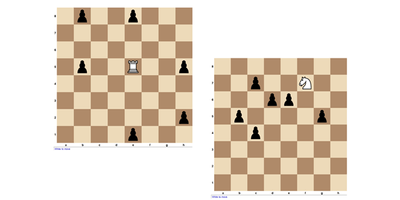
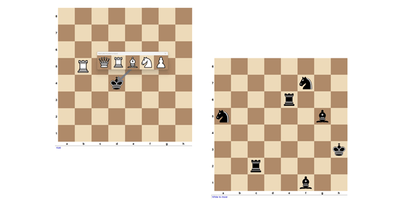
Watch a demo or download now.